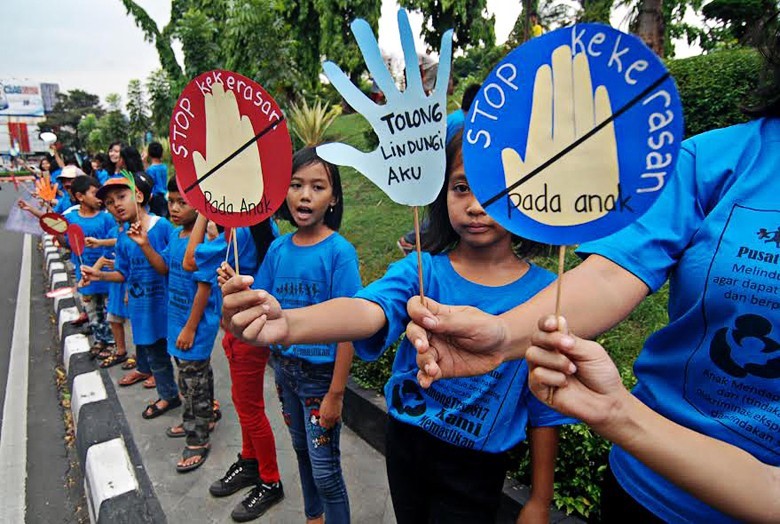"I was hit so many times I can't count", an abused child athlete in Japan.

Recently the Human Rights Watch documented experiences of more than 800 former child athletes - including Olympians and Paralympians. They found out about, child abuse in sports training throughout Japanese schools, federations, and elite sports. In interviews and a nationwide online survey, Japanese athletes from more than 50 sports reported abuses that included being punched in the face, kicked, beaten with objects like bats or bamboo kendo sticks, being deprived of water, choked, whipped with whistles or racquets, and being sexually abused and harassed.
"For decades, children in Japan have been brutally beaten and verbally abused in the name of winning trophies and medals," said Minky Worden, Director of global initiatives at Human Rights Watch. "As Japan prepares to host the Olympics and Paralympics in Tokyo in July 2021, the global spotlight brings a once-in-a-generation opportunity to change laws and policies in Japan and around the world to protect millions of child athletes."
Public outrage led to important reforms such as setting up hotlines to report abuse. However, Human Rights Watch found that these reforms are optional "guidelines" instead of rules, that progress has been uneven and unmonitored, and that there is no mandatory reporting of abuse complaints or statistics.
If we look at the JOC federation's internal survey in depth, more than 10% of its athletes have been victims of harassment. 19% indicated they had been hit, punched, slapped, kicked, knocked to the ground or beaten with an object while participating in sports. 18% percent reported experiencing verbal abuse, and 5% reported experiencing sexual assault or harassment while participating in sport as children.
Here are some comments from the victims who have been interviewed:
"We use a cap for water polo. Athletes were dragged out from the pool by the cap strap, choking us. Another punishment is pushing kids underwater so we couldn't breathe.... It is like the military. The younger kids were not as good. They would be frightened and quit the sport."
- Keisuke W. (pseudonym), 20, a former elite water polo player.
"He punched me on the chin and I was bloody in my mouth. He lifted me up by my shirt collar. 90 percent of my teammates experienced physical abuse.... We were all kind of joking, 'You haven't been beaten yet, when is it your turn?'"
- Shota C. (pseudonym), 23, a former high school baseball player in Saitama prefecture.
"I don't remember ever being praised by my coach. Every day I thought how not to be beaten by the coach. I never thought volleyball was enjoyable.... I hated volleyball as a player."
- Naomi Masuko, a former star volleyball player on Japan's national women's team. In 2015, Masuko founded a volleyball tournament that bans abuse by coaches. She spoke of athlete abuse as a cycle to be broken: "When I was older, I talked to my coach - and he said his generation was much worse. So, from his words, I at last understand this experience is a chain. And it is our job to break the chain."